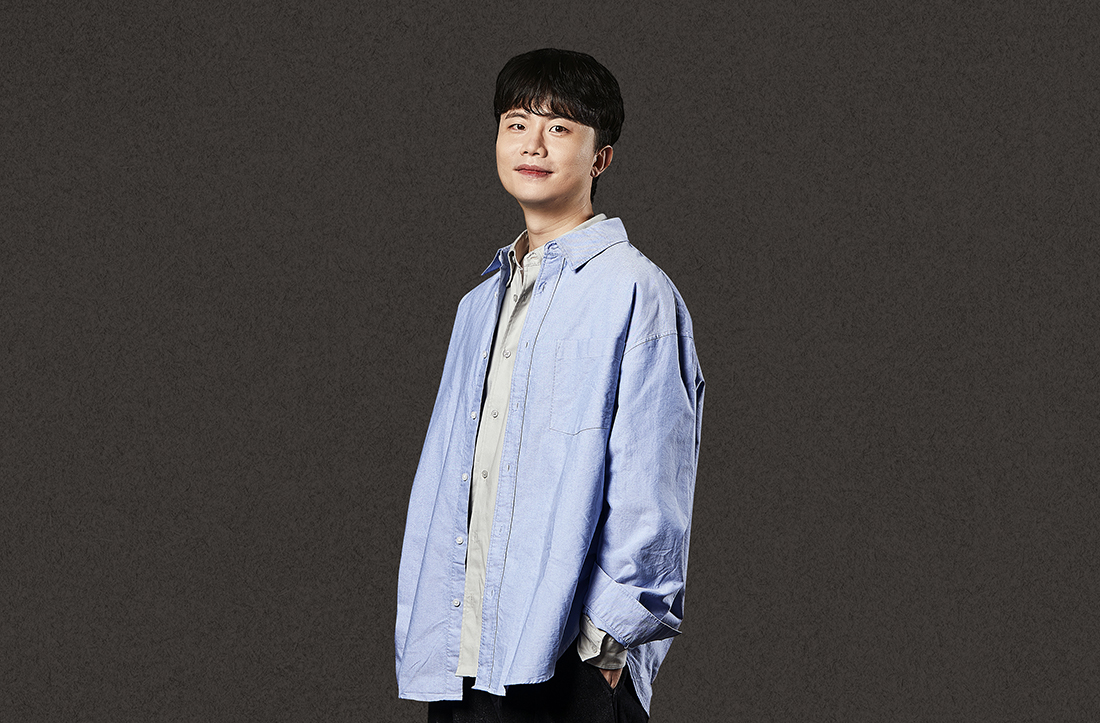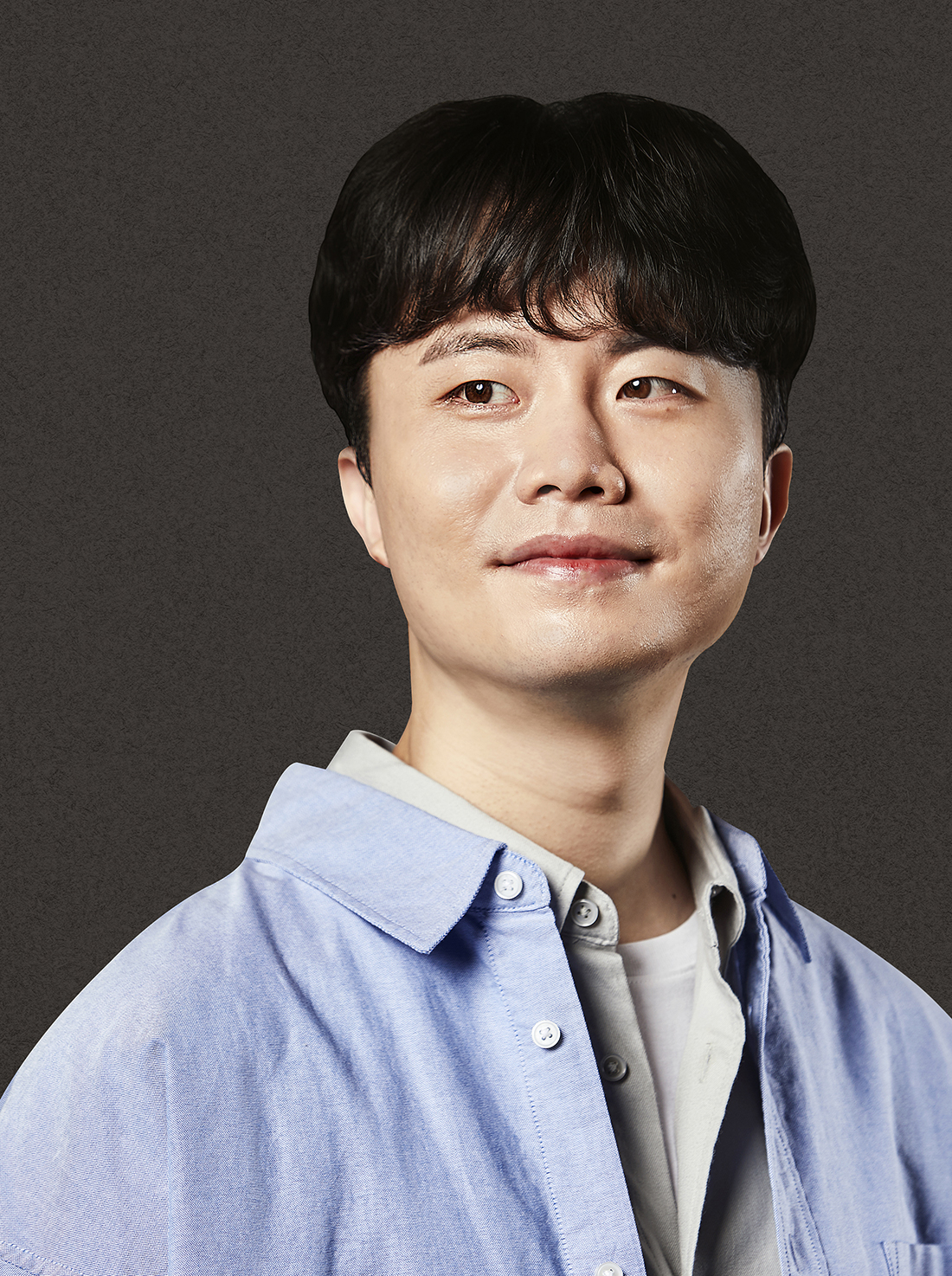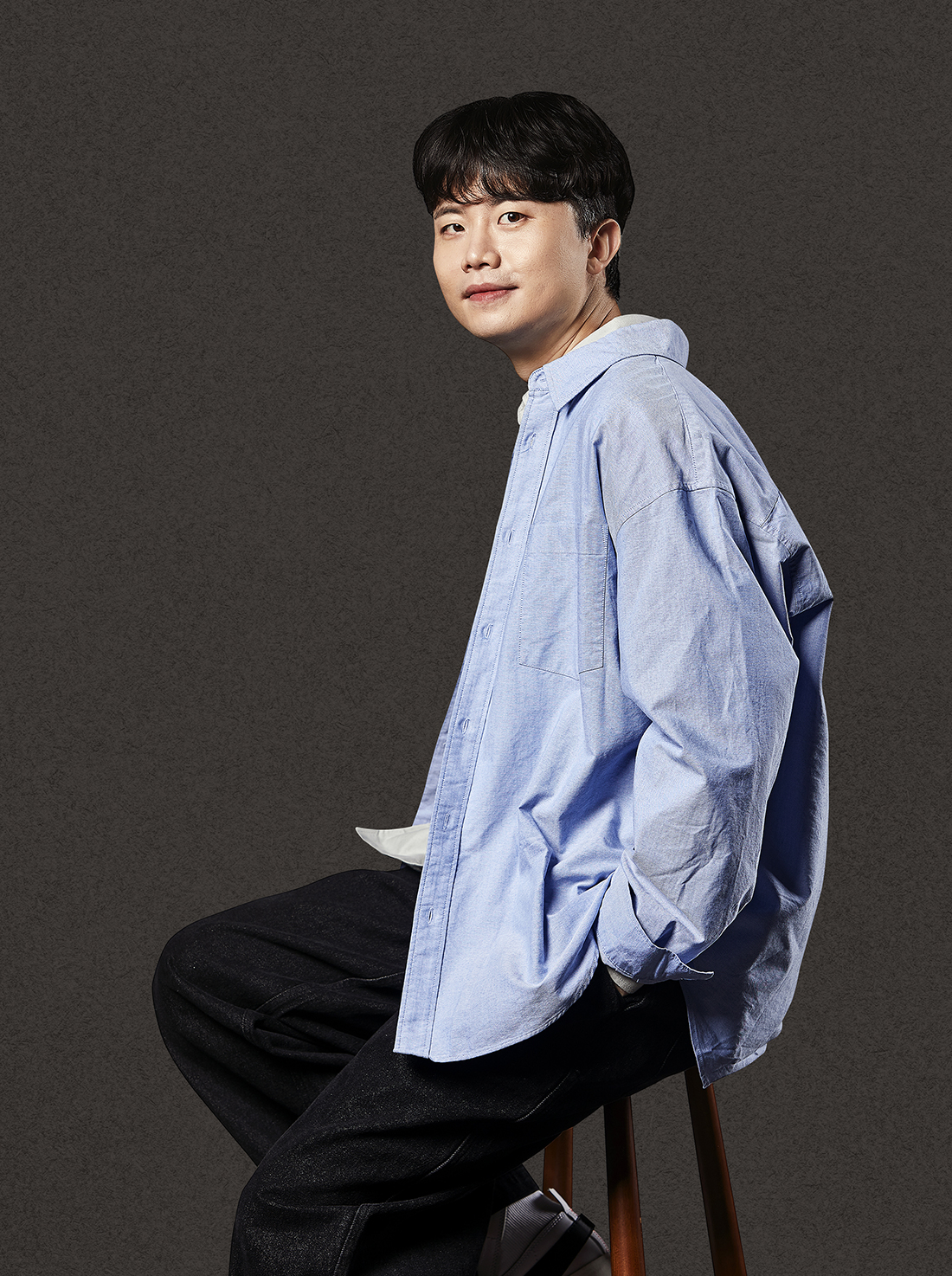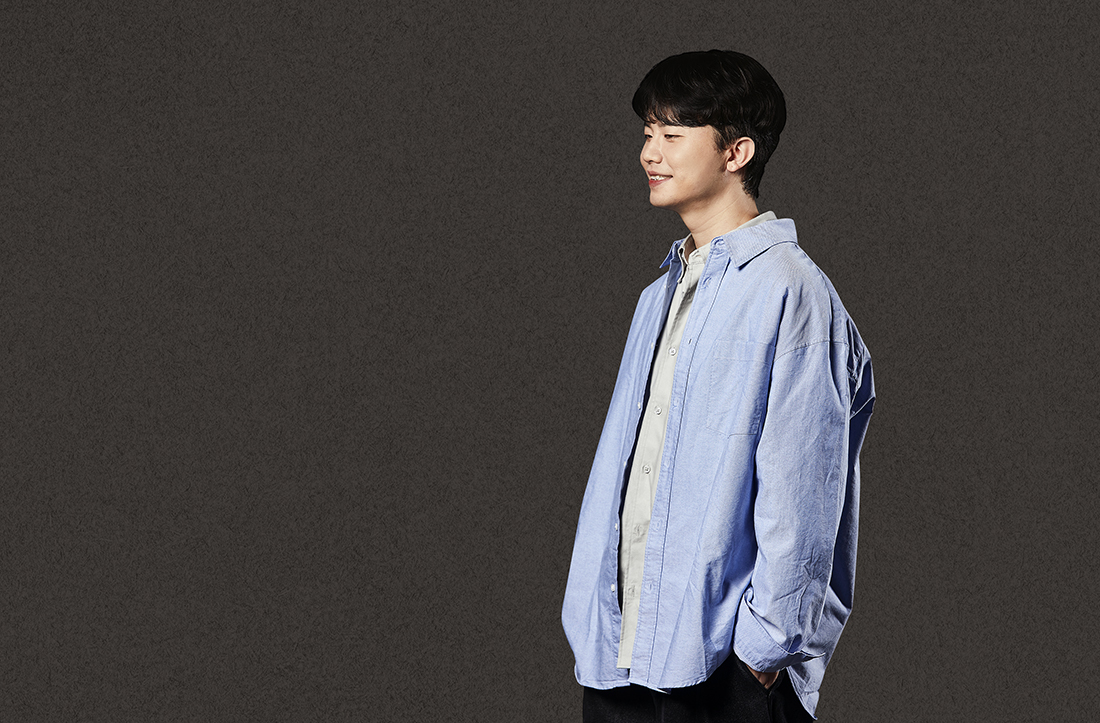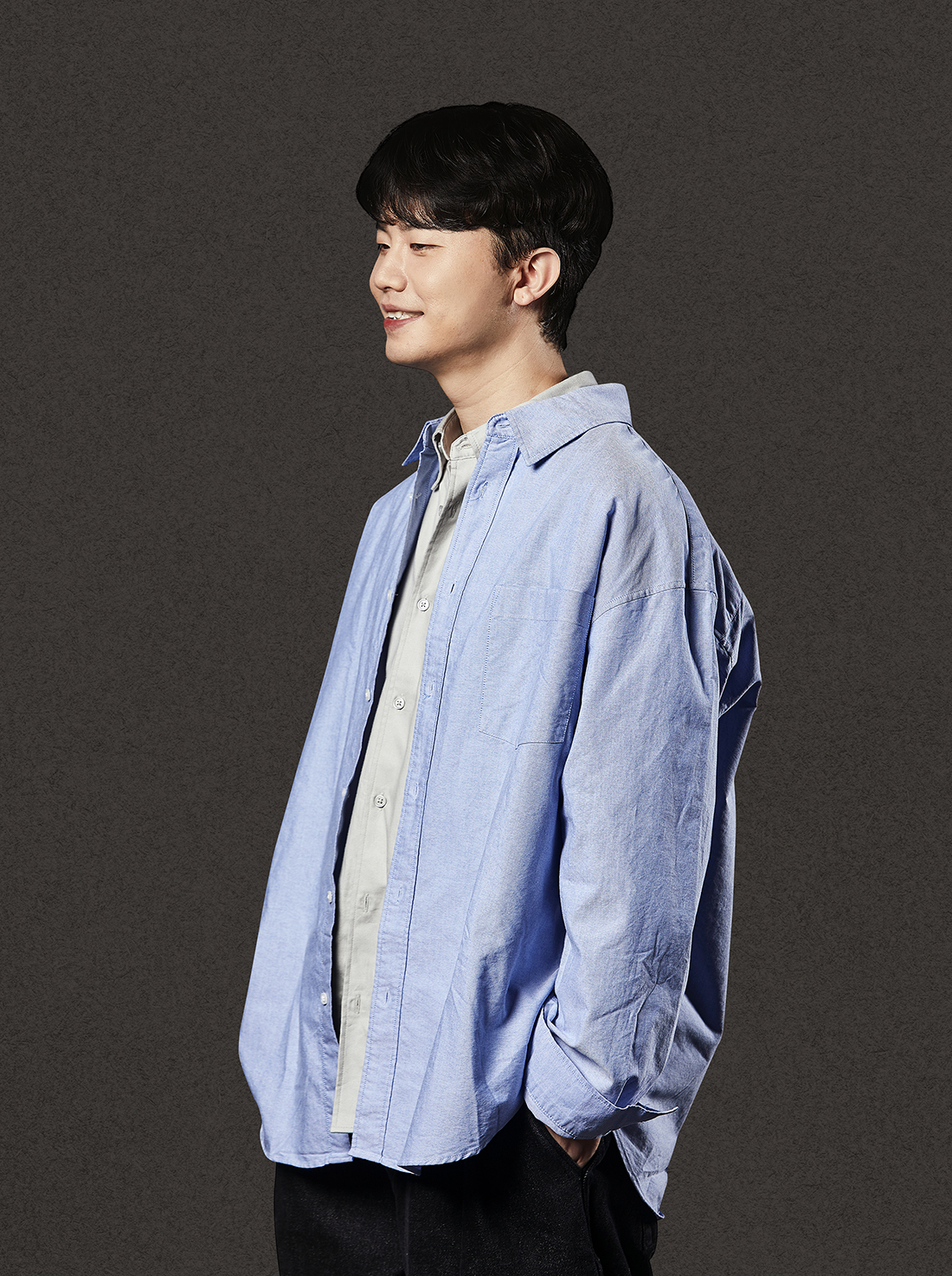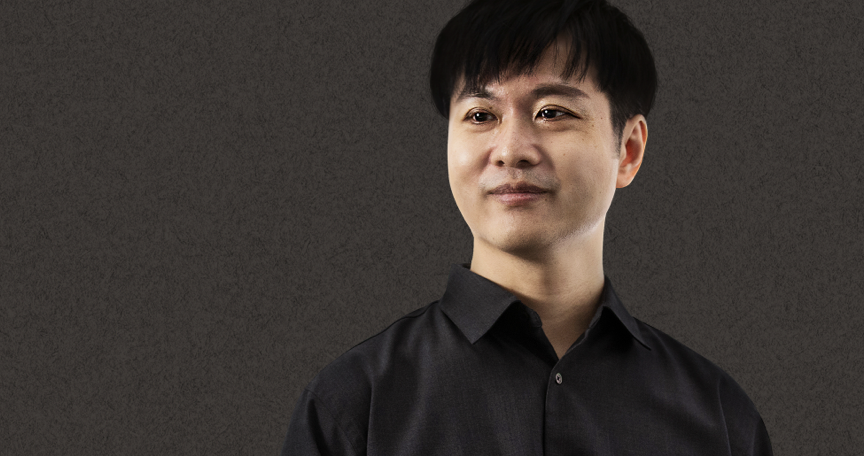Music designers take on projects with the mindset of a developer. Music planning begins at the prototype stage of the game development cycle. If the music planning begins after game development has progressed, it is already too late. During the prototype stage, music designers consult with the directors and planners before beginning their review of the initial scenarios and game art images, allowing them to create the musical direction for the game.
Once game development has progressed to a certain point, the actual audio is produced based on the genre, world setting, and character concepts. It is then processed so it can be applied to the game engine. In order to apply the audio to the game engine, some coding is required. At this point, constant communication with engine programmers is necessary.
Once all the resources have been prepared, the music designers will apply them to the game engine themselves. During this process, the countless scenarios that may occur within the game and the game's production direction must be considered. Audio that corresponds to specific scenarios, such as when players move from a village to a field, when day turns to night, etc. must all be applied correctly. Players will then experience music that has been designed with consideration alongside game content.
 Facebook
Facebook  Twitter
Twitter  Reddit
Reddit  LinkedIn
LinkedIn  Email
Email  Copy URL
Copy URL 